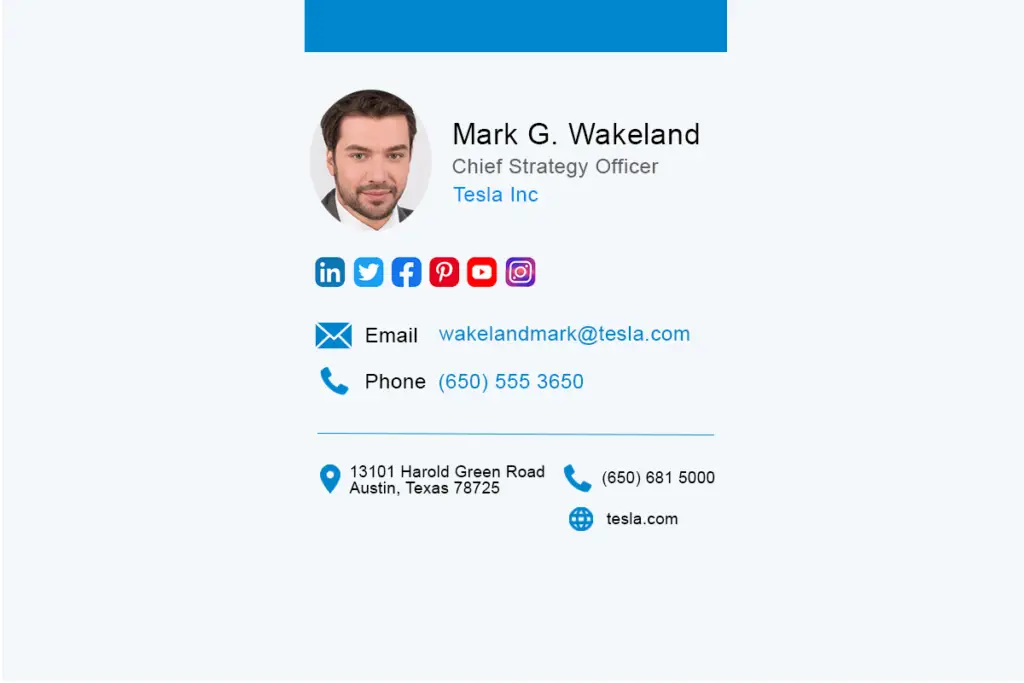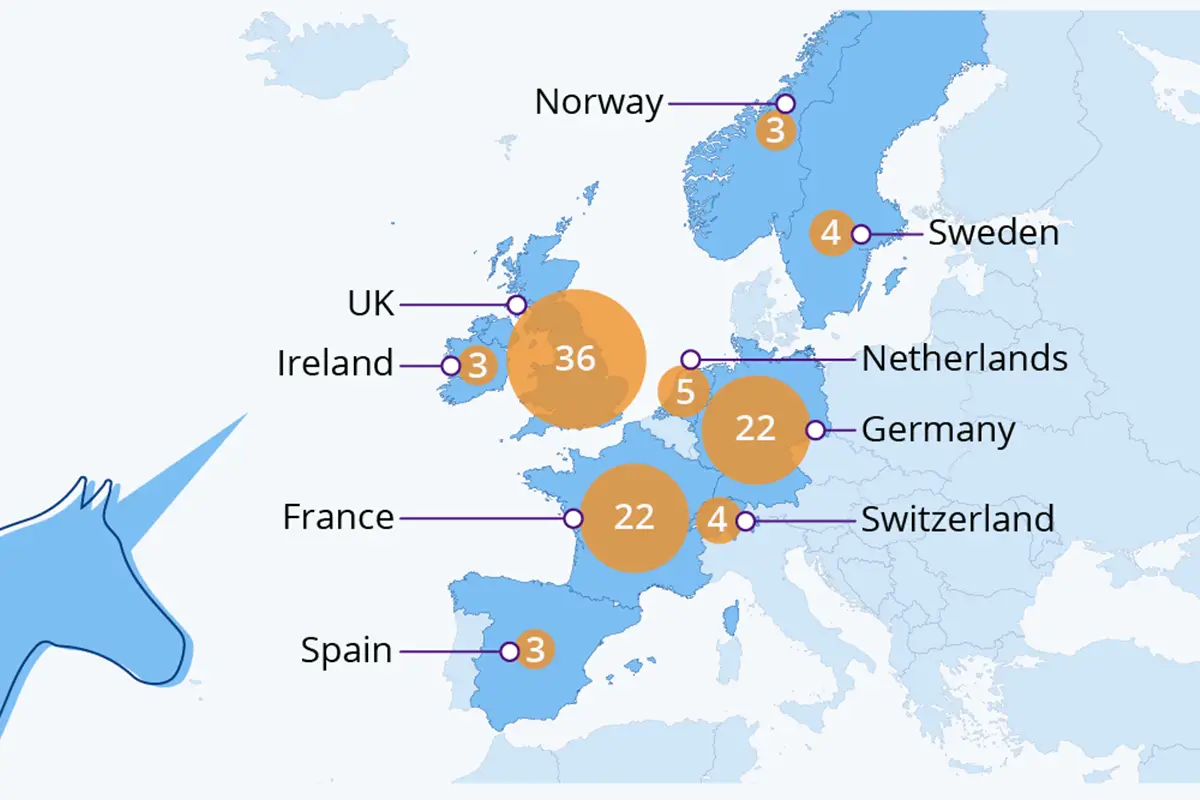In the world of B2B marketing, finding the right buyer for your products or services can be a challenging task. The search can be time-consuming, and even after putting in all the efforts, it’s not guaranteed that you will hit the bullseye. That’s where Business Data List comes in.
Using our search map you can find local and area targeted leads. All our leads are new and not from a static database. You can trust the data is sourched from up to date channels.

1. Understand your Ideal Buyer Persona
Before you start targeting your marketing efforts, it’s essential to understand your ideal buyer persona. Your buyer persona is a detailed representation of your ideal customer, including their demographics, job title, pain points, interests, and behavior patterns.
Once you’ve identified your ideal B2B buyer persona, you can start using the Business Data List app. This way, you’ll generate the right leads, increase conversions, and create a great customer experience.
2. Tailor Your Message
With the right buyer persona in mind, it’s time to tailor your message to their needs. Instead of using a standard message, create one tailored specifically to your target audience.
A targeted message means that you’ve taken the time to understand your buyer’s problems and needs, and provide a unique solution that sets your product or service apart from the competition. This way, your message resonates with your B2B buyer, and they’re more likely to consider your offering.
3. Use Account-Based Marketing (ABM)
Account-Based Marketing (ABM) is a targeted marketing strategy that focuses on a handful of high-value accounts. Unlike traditional marketing, ABM is more personalized and tailored to the specific needs of your target accounts.
ABM helps build deeper relationships with key decision-makers in target accounts by providing tailored messages, custom content, and personalized outreach. As ABM requires more research and account-specific planning, it’s time-consuming but highly effective, increasing conversions, and building trust with your ideal B2B buyer.
4. Leverage Your Data
Marketing technology enables businesses to track and record data on every prospect and customer. This data can help you identify patterns, behaviors, and interests, leading to more accurate buyer persona profiles.
By leveraging your data, you can refine your marketing efforts, tailor your message, and optimize your campaigns for maximum impact. You can also use data to identify the channels and touchpoints that your ideal buyer frequent, so you can target them more effectively.
5. Measure Your Results
Finally, to ensure the effectiveness of your marketing efforts, it’s essential to measure your results and track your progress. Use key performance indicators (KPIs) to measure your marketing campaigns’ success rate.
You can track metrics such as conversion rates, click-through rates, and engagement levels. This way, you can optimize your campaigns for better performance, leading to more significant revenue generation and increased ROI.

